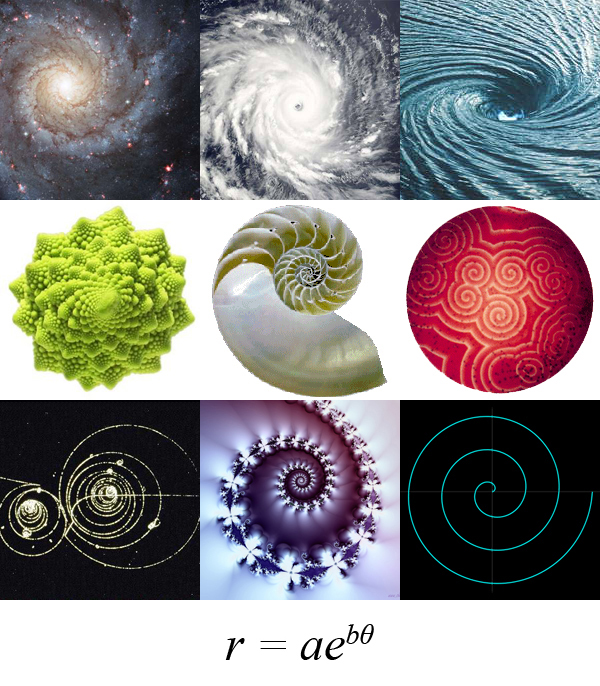Seem to me your argument is we are too perfect to not have a creator. But I say if we have a creator it isn't a perfect God because we aren't perfect.are you a materialist? science has its limitations don't you agree? how can you measure or weigh an idea or a thought?God.....according to theistsI don't know, what?massless matter is still matter...even if it is infinite what created it?So, lemme get this straight. You believe the universe is without end, but has a beginning? Really? That is your contention? Care to explain how that works? You are suggesting that it is only finite in one direction, but, in the other direction it is infinite. So...it is your contention that the universe is both simultaneously finite, and infinite. Neat trick...
since nothing can create itself why does matter exist?
Nothing.....according to atheists (which is pretty crazy)
"God of the gaps" is a term used to describe observations of theological perspectives in which gaps in scientific knowledge are taken to be evidence or proof of God's existence. The term was invented by Christian theologians not to discredit theism but rather to point out the fallacy of relying on teleological arguments for God's existence.[1] Some use the phrase as a criticism of theological positions, to mean that God is used as a spurious explanation for anything not currently explained by science.
those Christians who point to the things that science can not yet explain—"gaps which they will fill up with God"—and urges them to embrace all nature as God's, as the work of "an immanent God, which is the God of Evolution, is infinitely grander than the occasional wonder-worker, who is the God of an old theology."
During World War II the German theologian and martyr Dietrich Bonhoeffer expressed the concept in similar terms in letters he wrote while in a Nazi prison. Bonhoeffer wrote, for example:
how wrong it is to use God as a stop-gap for the incompleteness of our knowledge. If in fact the frontiers of knowledge are being pushed further and further back (and that is bound to be the case), then God is being pushed back with them, and is therefore continually in retreat. We are to find God in what we know, not in what we don't know.
Our Creator is something physical, real and can be explained scientifically. And some questions are unknowable.
Why would a God create an eye that wears out? He could have made the eye better. So he's not a perfect all knowing thing. Must not be

